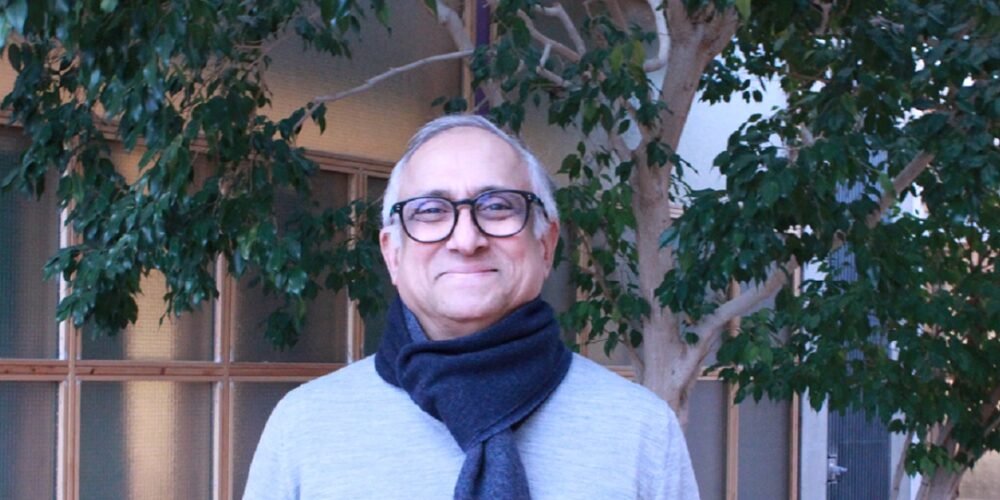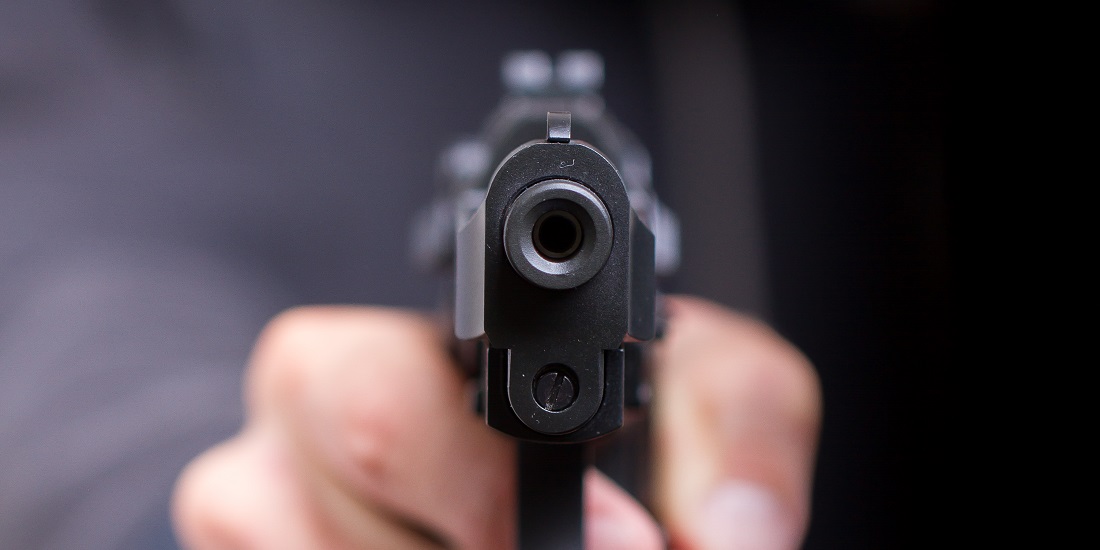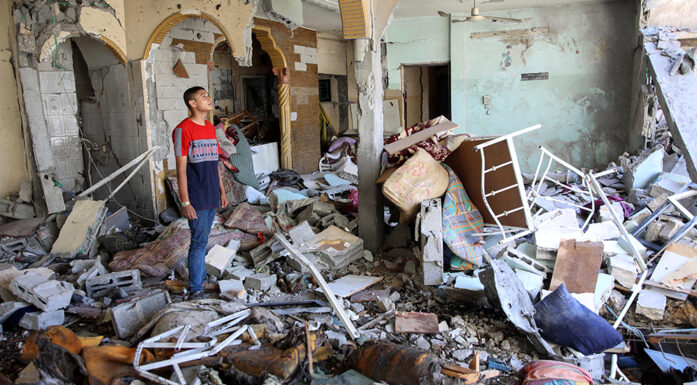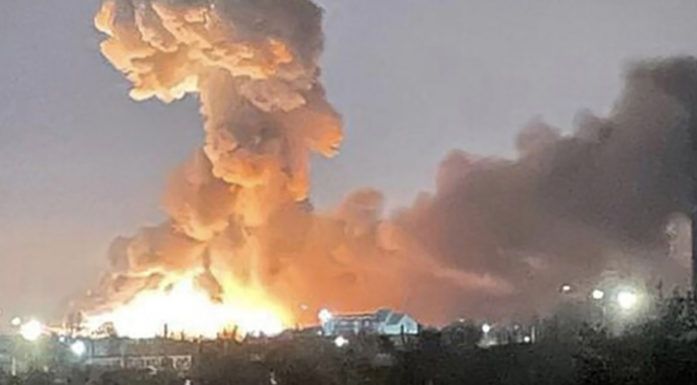Why are there fewer murders in democracies?
You are less likely to be murdered in a democracy than in an undemocratic country, but the reason is not democracy itself. Quite the opposite.
Democracies often have fewer murders per capita than other countries, but they are often also wealthier than countries with other forms of government.
So, are the lower murder rates due to democracy itself or the wealth that often accompanies it? Professor Indra de Soysa at NTNU’s Department of Sociology and Political Science has looked at this exact question.
“Some researchers are of the opinion that democracy itself reduces the murder rates. There may be systemic reasons for this, such as less inequality. Democracies often have more common goods, such as well-functioning security, justice, police, courts of law and social services,” said de Soysa.
These researchers often also highlight cultural reasons, such as people having greater trust in the authorities and each other, and norms for peace and cooperation.
But is this true? Other scholars argue that it is the distribution of wealth that is the key factor, not democracy per se.
- You might also like: How terrorism affects our attitudes
Data from 171 countries
“This question can’t be answered by simply focusing on individual countries. China, for example, is safer than India, which is a democracy. You need to look at many countries using several established methods and investigate the effects of both democracy and the economy at the same time,” de Soysa said.
He therefore analysed data from 171 countries over 30 years, from 1990 to 2019. He obtained murder statistics from the Global Burden of Disease Study.
The results may surprise some people, and not everyone will see them as good news.

Professor Indra de Soysa has looked at the relationship between murder rates and democracies. Photo: Kjetil Svensen
Democracy leads to more murders, not fewer
“On its own, democracy increases the murder rate,” de Soysa said.
Overall, the number of murders increases by around 5% as a result of democratic conditions. This amounts to approximately 0.5 murders per 100,000 inhabitants. While it may not sound like much, but given that the global murder rate is only around 7.6 per 100,000 inhabitants, this small increase is significant.
It gets worse. The more democratic a country is, the greater the impact its form of government has to increase the murder rate.
“The worst cases are found in so-called ‘egalitarian democracies’, where there is a high level of equality among citizens,” asserted de Soysa.
In egalitarian democracies, the murder rate increases by approximately 0.7 per 100,000 inhabitants as a result of the form of government.
Greater control in dictatorships
“This may seem counterintuitive, but the reason is that democracies generally allow more freedom, including things like alcohol, drugs and gangs. “People go out more often, and there is less surveillance,” explained de Soysa.
Dictatorships, or so-called ‘autocracies’, therefore tend to have lower murder rates on average when all other factors are equal.
“This is partly due to stricter social control and less permissive cultural norms in these countries. This applies, for example, to alcohol and drug consumption in countries like North Korea and Saudi Arabia.”
Rules can be enforced more strictly in less democratic countries.
“The main point is that it is probably not true that free people and a high level of societal equality inherently create solutions that reduce interpersonal violence,” said de Soysa.
- You might also like: Increase in media coverage of crises, but not in the number of crises
Wealth in democracies a factor
So, why is it that democracies are generally safer places to be than countries with other forms of government? On the face of it, it seems completely contradictory.
“The wealth that often accompanies democracy compensates for the negative developments that democracy itself contributes to,” said de Soysa.
He finds a strong correlation between economic development and murder rates, and democracies are often much better at providing economic security for their citizens. There seem to be no limits here either: the greater the economic security most people have, the lower the murder rates tend to be.
“Overall, economic security reduces murder rates by approximately 3 per 100,000 inhabitants. This more than compensates for the increase that democratic conditions themselves can lead to,” de Soysa said.
Reference: Indra de Soysa, Democracy, Egalitarianism and the Homicide Rate: An Empirical Test of a Variety of Democracies, 1990–2019, The British Journal of Criminology, 2024, azae080, https://doi.org/10.1093/bjc/azae080





